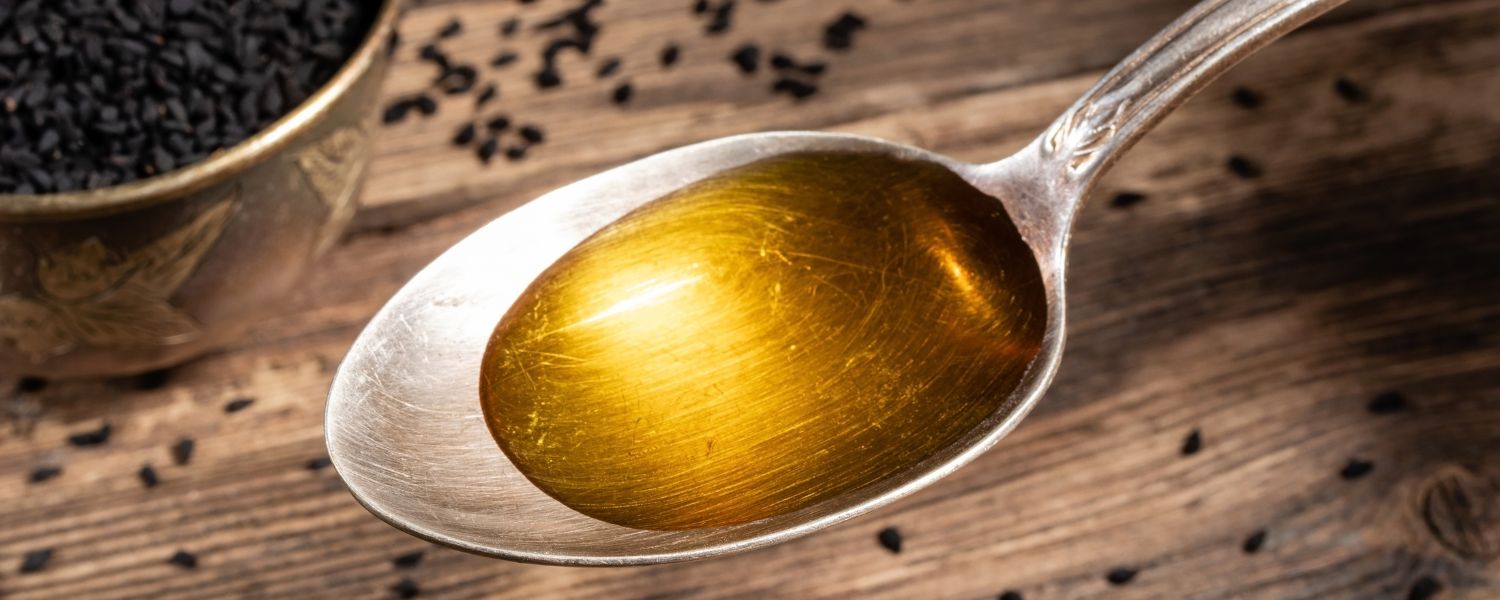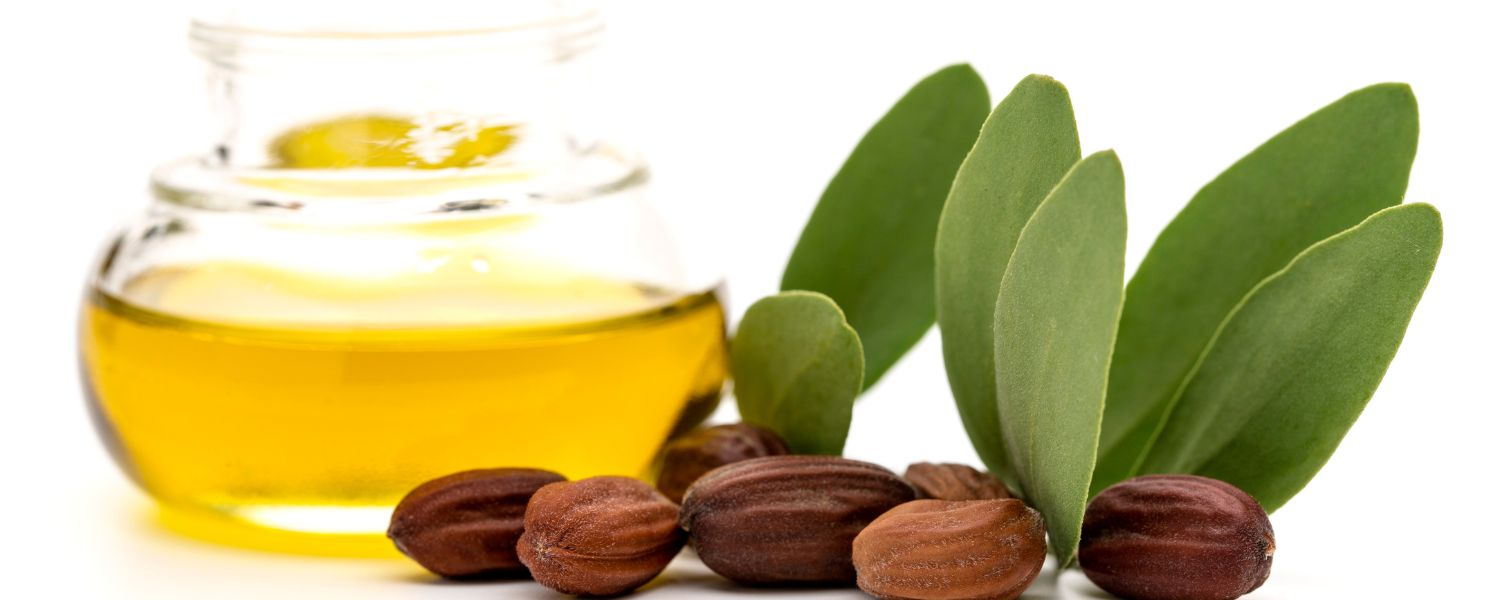In the past 100 years, seed oils have quickly become a mainstay for every kitchen, so much so that there’s practically no household without at least a single bottle of sunflower oil somewhere.
However, modern-day science suggests that these refined fats are far too present in our diet, and being too reliant on them for cooking our food may be what’s negatively impacting our health.
Then again, how bad can they be, they can’t possibly be worse than animal-based fats, can they?
We’re going to explore the impact of seed oils on the human body as well as the alternatives that we could incorporate into our diet in order to live healthier life.
Some of these oils are worse than others, and it’ll be up to you to determine which ones you’ll continue using and which ones you’ll be cutting back on.
What are seed oils?

Essentially, the seed oil is a term used to describe upwards of 6 different oils rich in omega-6 fatty acids, and while certain oils like soy and canola aren’t technically from seeds, they fit the description.
It was decades ago when food manufacturers began to heavily rely on these oils that they took the market by storm, mainly due to their longevity and the much lower production cost than that of animal-based oils.
Another concern that drove Americans away from these oils is the perceived idea that they were unhealthy for them, which led to the creation of margarine, which is practically a plant-based butter, with all of the qualities of the original while having fewer downsides.
Today, these oils make up 10% of most Americans’ daily intake, and they can be found in almost everything, from baby formula to the salad you order hoping you’re consuming a healthy meal.
Is it dangerous?

Even though most health organizations will warn you against using animal-based fats, you may find that seed oils are just as bad, if not worse for our bodies.
Continued use of soybean and sunflower oil in our diets completely changed our bodies, as they create a buildup of saturated fats, something that doesn’t happen as easily with animal-based oils.
Most scientists in this field are strictly against the usage of soybean and canola oil, as well as sunflower oil, which is one of the most commonly used lubricants when cooking.
All of these three have a high linoleic acid content, to the point where they pose a huge threat to one’s health when consumed in high quantities.
The fact our diet has grown in a way that favors fatty foods over healthier, more nutritious meals, isn’t helping this battle against refined oils, and it’s what keeps driving America’s obesity rates through the roof.
The health implications

The problem lies in the fact that these oils are too present in today’s food and that they’re being used to cook a number of different meals, and this isn’t just in the US, as this problem is on a global scale.
Because of this, seed oils make up for the majority of fats in most people’s diets, which is concerning, to say the least, seeing as our bodies were made to handle animal-based fats, but not refined oils from plant seeds.
One of the biggest issues is that they cause an imbalance of Omega 6 and Omega 3 fats in the human body, with the former being known to cause inflammation in the body.
Another thing to note is that all of these oils are highly processed, to the point where almost all of them are either bleached or deodorized in order to make them fit for human consumption.
The benefits

At the end of the day though, we wouldn’t be using these seed oils if they didn’t have any advantages over the oils we’d used before.
One of the greatest things about seed-based oils is the fact that they’re much cheaper to manufacture, and it leaves even lower-income individuals with access to oils without being forced to buy olive or avocado oil.
This is particularly important for smaller restaurants that are trying to keep their prices down, as it allows them to have access to higher amounts of oil at a significantly lower price.
While the refined versions are incredibly unhealthy, unrefined seed oils do exist, and they offer a variety of health benefits, as they’re packed with protective compounds such as Vitamin E and phenols as well as Vitamin E, which is usually something Americans have a deficiency of.
Final word
No matter how you feel about seed oils, it’s hard to deny that there are certain health implications seed oils carry with them.
Adapting to newfound knowledge is what helps us advance as a species, and if we’re able to move past the habit of using these highly unhealthy oils in our food, we could make drastic improvements to public health.
